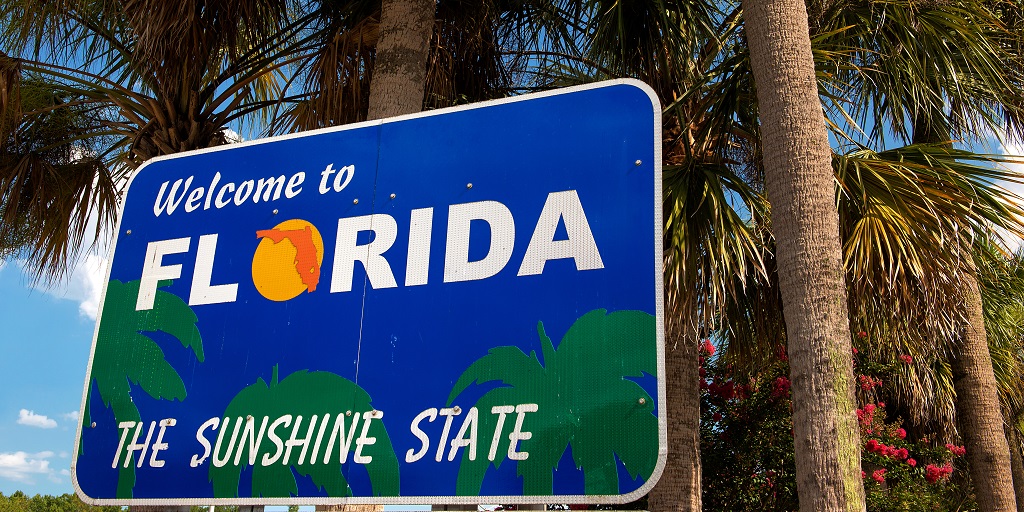Written by Ethan Maia de Needell, Immigrant Programs Manager, Rural Women’s Health Project
The immigrant community in Gainesville, Florida has been steadily increasing over the years, already making up over 10% of our total population. Despite this, our local institutions and public agencies have a long way to go to create an environment that is welcoming and inclusive of this critical segment in our community. After an incident between local law enforcement and some of our Limited English Proficient speaking neighbors, where a misunderstanding lead to an inappropriate use of force by SWAT, as well as the start of the COVID-19 pandemic, it became painfully clear how far we still needed to go.
It was with this discrepancy in mind that the Gainesville Immigrant Neighbor Inclusion Initiative (GINI) was formed, originally as a collaboration between the City of Gainesville and the Rural Women’s Health Project with research and guidance from Gateways for Growth (G4G).
As GINI began to expand its membership throughout the community to over 60 representatives, our G4G partners helped us structure our steering committee and identify which barriers to inclusion and safety we wanted to prioritize. Learning from our G4G partners, we formed groups to address issues of safety, civic inclusion, health access, education, and language access. Members of these “working groups” were from a diversity of backgrounds, professions, cultures, and countries, all determined to outline the most critical steps our entire community can take toward becoming a Welcoming City.
As part of the G4G Challenge, we were able to compile a year’s worth of regular steering committee and working group meetings, over 180 responses from immigrant neighbors to the GINI Welcoming Survey, and data from interviews with foreign-born residents into a comprehensive outline of all our recommendations—the Immigrant Inclusion Blueprint.
This Blueprint provides a roadmap for local organizations, nonprofits, public agencies, and the GINI Initiative to use when addressing immigrant rights in our community. For example, it lists actionable requests GINI members could advocate for at the city and county level.
However, our recommendations could have easily fallen on deaf ears had we not been able to include the research provided by the American Immigration Council as support when emphasizing the necessity for the work on inclusion. This data helped to get our foot in the door of local commissioners and our chamber of commerce and provided us an entry point to discuss our initiative.
In September 2022, six months after the release of our Immigrant Inclusion Blueprint, the GINI Initiative held a press conference in the community to discuss all the progress that had been made up to that point:
- Both the city and county have allocated funds to build its language access (translation of signage and documents, contracting with an interpretation service, and the training of frontline staff on the service as well as cultural competency); the hiring of an “Immigrant Liaison” to oversee programming and outreach in the immigrant community; and financial support for resources and materials targeting Limited English Proficient residents.
- The county public school system has contracted with an interpretation service and provided funding to train staff on the service. It is also in the process of creating a language-friendly “Welcoming Center” for any parent who might have questions regarding their child’s registration or other issues.
- We have successfully advocated for the acceptance of a partner organization’s (Human Rights Coalition of Alachua County) Community ID Program—proof of residence in our community for those who may not have documentation—with local government and law enforcement.
- With the funding provided by the G4G’s Implementation Grant, GINI was able to provide two free language access workshops to local organizations and agencies, with plans to provide a session specifically catered to the City of Gainesville.
- With the funding provided by the G4G’s Implementation Grant, the GINI Initiative was able to support local immigrant-focused events during September’s Welcoming Week, providing translations of flyers and creating a website with details on the different public events available in six languages. On November 5, the GINI Initiative is also hosting an interactive art event aimed at acknowledging the “Complex Journey” and celebrating the immigrant experience in a new community.
While we have had many successes, there is room for further expansion of our coalition both with local business and our many immigrant communities. Though it is difficult work, we are pleased to be an alumnus of the Gateways for Growth challenge, whose communities have been the source of both lessons learned and great inspiration. As the Gateways for Growth challenge launches its next round with a new cohort of communities, we are proud to continue our journey toward a Welcoming Gainesville and Alachua County.


